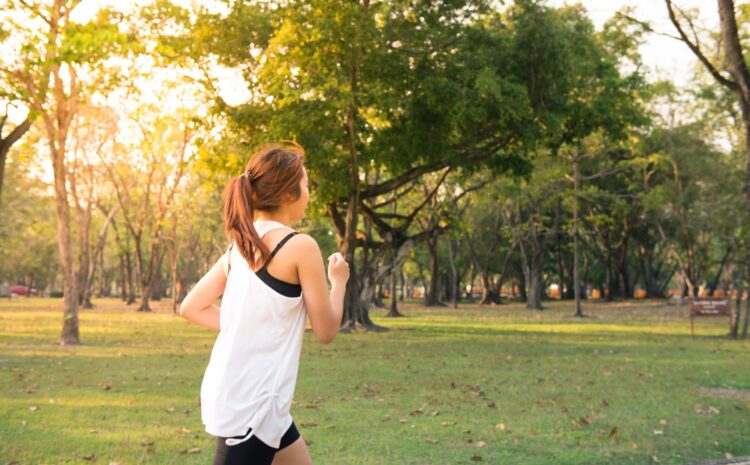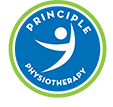
How physical activity can help your immune system beat Coronavirus
A global pandemic has put the whole world on hold, introducing isolation, social distancing and causing millions of businesses to close their doors all to protect one another and to reduce the transmission of the coronavirus. However, there has been an upside to being in lockdown. People have found time to relax and recharge, make time to contact their loved ones and ensure they get their allocated hour of daily exercise.
Understandably, there has been a fear of contracting the virus on your daily walk or going into a public area but there has been substantial research that shows exercise actually benefits our immune system allowing a better defence against the virus, if done safely. Further studies have shown that people who have a more active lifestyle suffer fewer upper respiratory tract infections than those who are inactive.
The immune system has three basic main lines of defence and exercise helps to maintain their normal function.
The first line of defence is made up of physical barriers, such as the skin which stops pathogens from entering the body. There has been evidence to show that skin wound healing is faster in people who exercise. Researchers from the University of Illinois explored the role of exercise in decreasing inflammatory activity with damaged skin tissue. They found that moderate physical activity accelerated the blood flow to the wound which prompts immune cell activity while reducing inflammatory responses, therefore building a barrier against infection and pathogens. Further research from Ohio State University found that exercise increased patient’s cortisol levels in their blood which is linked to a quicker wound healing time. (REF)
The second line of defence is comprised of natural immunity, which is made up of cells like neutrophils and natural killer cells which are the first immune cells that target and combat infections. A bout of exercise has a profound effect on these cells. For example, exercise encourages the natural killer cells to move into the bloodstream and migrate to sites of inflammation to seek out pathogens and damaged cells.
The third line of defence is known as memory immunity. This is mainly comprised of cells called T and B lymphocytes which help to identify infection or diseases. Exercise has a huge impact on these cells. Research has shown that regular exercise may help maintain healthy numbers of these cells as we age which supports the immune system and helps to identify pathogens and cancers.
For many years it has been thought that strenuous exercise such as marathon running or cardiovascular exercise will temporarily suppress our immune function which leads to an ‘open window’ where there is an increased risk of infection. However, there is research to oppose this theory. Many studies have used vaccines as they test the ability for our immune cells to produce antibodies. These studies found that after prolonged exercise, the antibodies had not been suppressed and even evidence to show that elite athletes to who train regularly have higher antibody responses than those who do not exercise.
To protect yourself and loved ones its important to continue social distancing and minimising travel so exercising at home or going on regular walks or jogs will be beneficial for you maintaining a normal immune function. For those who are more active and are not limited by any health conditions, then more vigorous aerobic exercise can be done, such as running or cycling as this is also beneficial for your immune system. Resistance training, such as weightlifting, is also beneficial for improving our health and wellbeing. It helps our mental health, reduces the risk of chronic diseases and helps us maintain strength, balance and coordination.
The important thing to remember when exercising during these strange and difficult times, is to maintain a 1m social distance and to maintain good personal hygiene. In addition to regular exercise, it is important to ensure you are maintaining a healthy diet and getting a good night’s sleep as this will give your body its best chance to fight of any infections.
As a Sports Therapist and Strength and conditioning coach I can provide you with all the health and fitness support you require. If you would like to arrange a free consultation, we would be glad to help.
Thank you for taking the time to read my blog.
Jemma Pemberton
Sports Therapist




